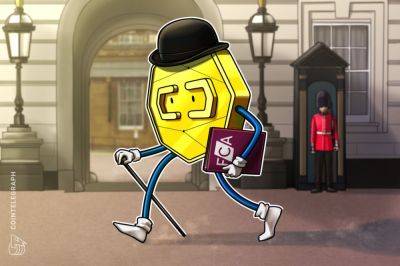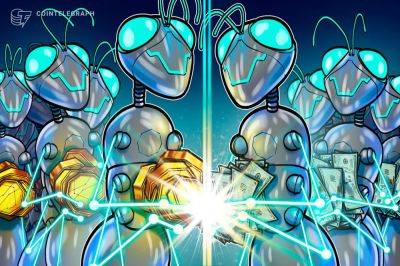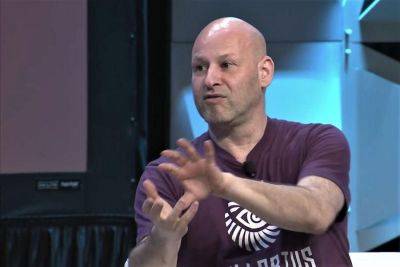Making real-world blockchain solutions possible — Solana co-founder Raj Gokal
Raj Gokal, co-founder of blockchain protocol Solana and chief operations officer of Solana Labs, started his career in venture capital with a focus on high-growth tech business.
For seven years, Gokal focused on health tech, first with wearable sensors using Bluetooth Low Energy as a wireless protocol, then leading product management at Omada Health. He aimed to address the fractured, challenging United States healthcare system but “encountered challenges with health plans and regulators, leading me to recognize the industry’s persistent issues,” he told Cointelegraph.
After meeting Solana co-founder Anatoly Yakovenko and seeing his “vision to resolve scalability in crypto,” Gokal immersed himself in the crypto industry. “The journey has been rewarding over these past five years.”
Recently, Gokal sat down for an interview with Cointelegraph to discuss Web3, scalability, tokenization and more.
Cointelegraph: There has been a noted absence of substantial real-world use cases in the Web3 domain. This contributes to the perception that there’s no product-market fit for the industry. What are a few real-world use cases Web3 is currently prioritizing?
Raj Gokal: A real-world use case that comes to mind is decentralized physical infrastructure networks, or DEPIN. Developers often lead the way, as seen with projects like Helium, which established a decentralized 5G network with 1.5 million hotspots before transitioning to Solana. Similarly, Hivemapper launched its decentralized maps, utilizing a distributed global workforce equipped with dashcams. This is now an alternative to a centralized organization like Google deploying tens of thousands of cars that it owns to map the roads.
The Hivemapper network remapped 8% of the world’s
Read more on cointelegraph.com






















